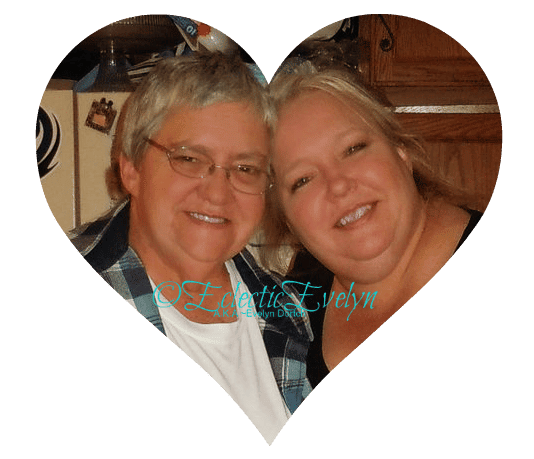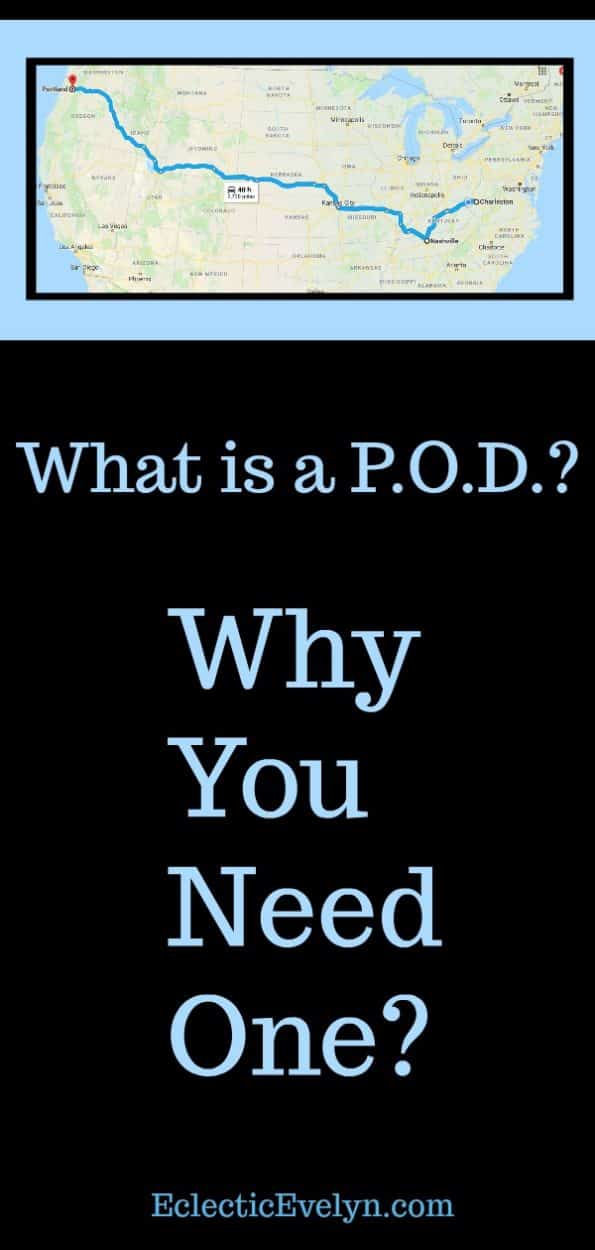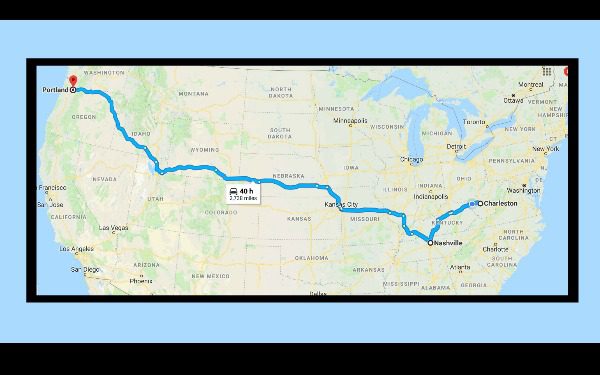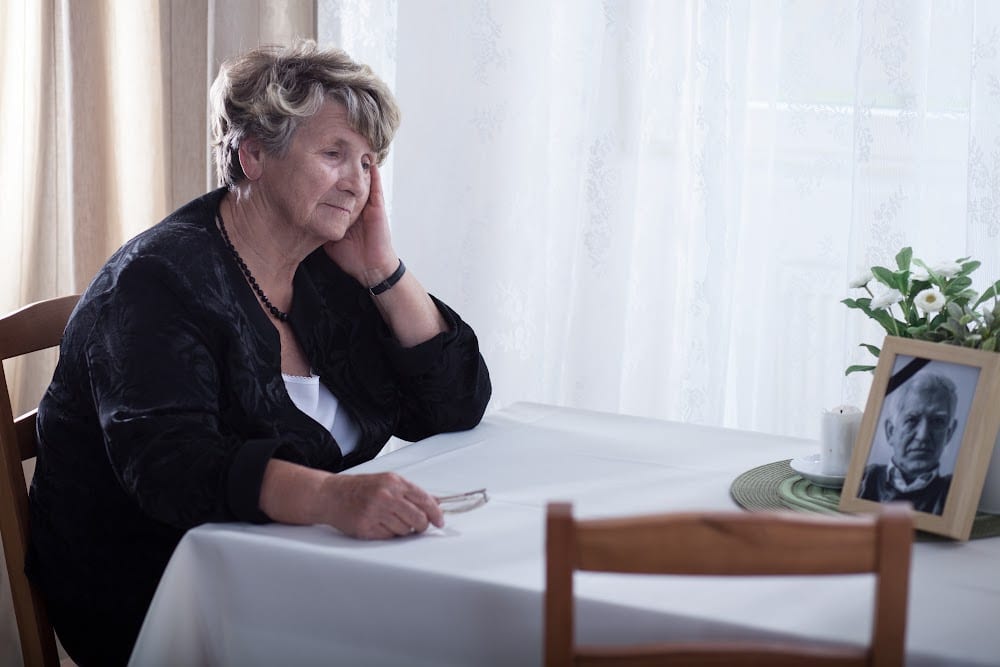I had never heard of a POD or even knew that everyone should have one until my mother’s death.
Being an only child, when my mother died, I thought handling the estate wouldn’t be that hard. She had no real property and had less than $500 in her bank account. I was wrong.

She had just recently in the last 12 months of her life relocated from West Virginia, clear across the country to Oregon. She was a fairly young woman, 68, and in relatively good health so we weren’t worried and my son lived there also. Shortly after her 69th birthday while visiting in Tenessee, she suffered a massive stroke and died a few days later. She had no will, no life insurance and had made no burial arrangements ahead of time. Not only was I dealing with the sudden death of my mother, but I was also dealing with a nightmare of red tape strung across 3 states. It took 3 months to get her cremated and another 4 months to get her remains shipped to me. I had to set up a go fund me to help with the expenses as I was not prepared for any of this. It has been almost a year now and the money is still sitting in her bank account all because of one little thing. She had no POD.



What is a POD?
Simply POD stands for payment on death. It’s often called the Poor Man’s Trust or a Totten Trust.
An individual with an account or certificate of deposit at a bank can designate a beneficiary who will inherit any money in the account after his or her death. A bank account with a named beneficiary is called a payable on death (POD) account. People who opt for POD accounts do so to keep their money out of probate court in the event that they pass away.
Read more: Payable On Death (POD)
How Do I Set Up a POD?
It is very easy to set up a POD, you just go to the bank and tell them who you want to be listed as the POD.
That’s it. Done.
The other person does not have to come in and sign anything, as a matter of fact, you don’t even have to tell anyone in your family who the POD is. If you have multiple accounts, you can list a different POD on each account, and the POD does not need to be named in your will. You can also name more than one person as the POD and the money will be shared equally between the listed PODs.



Why You Need a POD?
There are several reasons you need a POD but the biggest is that it makes everyone’s life easier.
Let’s look at my situation.
My mother died without a will and was a resident of Oregon. I am a resident of West Virginia. I thought I could go down to the courthouse get an affidavit saying I was her only heir and executor of the estate and nonexistent will. I called the courthouse and they said come on down and bring $35 and we will get this done.
Ok, easy peasy, … NO.
I had to file with the probate court in the state she resides in, Oregon. Not only would I need to fly out to Oregon, which I do not fly, but I would also have to pay over $200 to get that little piece of paper from them. So instead of being able to use this $400 something left in my moms account to go toward her burial expenses, I would have to spend out well over $400 just to go and get a little piece of paper to take to the bank. Needless to say, that money is still sitting in the bank and I have not been to Oregon.
Benefits of POD
- It doesn’t cost anything to add a beneficiary to any of your bank accounts
- The POD beneficiary receives the money regardless of the what the will states or who the executor is.
- You can keep your accounts out of probate
- You can list anyone as your POD
- You can get additional FDIC coverage if you have large accounts with different beneficiaries listed.
- There is no set amount the account must contain
I’m not a lawyer, so do not take this as legal advice. I just wanted to share something I learned that may help others. For more information check out these resources or consult a lawyer:
Payable-on-Death (POD) Accounts: The Basics
Payable on Death Accounts Avoid Probate of Your Bank Accounts
Make Your Estate Creditor-Proof
Do You Have any Experience with a POD?







Thank you so much for the very important information. My mom dies 10 years ago, and I can remember the issues we had after her death. She was 90 and had a will, so it was not as bad as you experienced. I am so sorry for the loss of your mother.
It has been a nightmare but hopefully someone can learn from my expereince.
I had never heard of this, but now I will contact my bank and ask about this. I’m so sorry for the loss of your mom. #MLSTL
Thank you
These are subjects we don’t like to discuss but are necessary. Recently we went on a holiday and both my husband and I set up Power of Attorney in case something happened to us. I’ve not heard of a POD but it would certainly take the pressure off the family during their time of grief. Thanks for sharing at #MLSTL.
Power of Attorney is also something that is helpful to have. My mother did not have one.
I am so sorry for your loss and for your horrible experience. I’ve never heard of a POD but be sure I will head to the bank this week to make sure I have one! I am working with a lawyer on setting up our Will and Trust — but that will take a little time so what’s the harm in getting the POD done now. Thanks so much! #MLSTL
POD is something that is easy to set up and just as easy to change so there is no harm in having one in place now even if you change your mind later.
I had never heard of POD – I’m not even sure if we have this in Australia. Regardless, it seems so simple and I wonder why we don’t all have this on our bank accounts.
MLSTL and I’ve shared this on my SM 🙂
Not sure if you do have it in Australia. If you find out keep me posted so that I can share it with my readers.
I’m very sorry for your loss. Thank you for sharing this wonderful advice. I had never heard of a POD account and I’m sure many of my readers haven’t, either. I’ve shared with my readers-thank you again for sharing. God Bless you. #MLSTL
Thank you
First of all, my I express my deepest sympathy to you concerning the death of your mother. To think of all that you had to deal with after her sudden and untimely death breaks my heart for you. Such events certainly do cause us to learn lessons we which we could have learned earlier and in different ways.
I agree that if your mother had a POD in place on the date of her death it sure would have make your life easier and would have kept you from having to deal with such trying circumstances.
PODs can be so helpful in some situations. In others, they can create a nightmare if there are other heirs, creditors, or family dynamics that could lead to huge complications. They certainly are not for everyone. I agree that we all should understand the legal nightmares that can be created upon the death of a loved one when he or she has not will in place. I hope your post inspires others to think about what legal matters they need to address so that the loved ones left behind do not have to deal with such unpleasant situations as you had solve.
Again, I am so sorry for your loss.
Thank you
How devastating to have to deal with all of this while grieving the unexpected loss of your mother. Thank you for sharing your experience. We do have a will, but not a POD. I’d never even heard of that. #MLSTL
Most people I have talked to did not know about POD that is why I felt it was important to write a post about it. Thanks for reading it.
Interesting info thanks! I wonder if it works the same here in NZ.
My husband passed away in 2016. The house and the bank accounts were in both our names and set up as me or him (rather than me and him which would have caused issues with my selling the house or accessing the bank accounts after his death). When he was diagnosed with ALS (effectively a death sentence), I had the same done with his car. So, effectively, he had nothing that did not automatically revert to me upon his death. I did consult an attorney after his death and was told I needed to do nothing. Never had to deal with probate. However, I am going to see about having my daughter made the beneficiary on my bank accounts so that she can access the money if I die (or should I say when…it’s not like there is any question that I will die, is it?) She is already the beneficiary on my IRA account. She is listed as the sole beneficiary in my will but it would be nice if she didn’t have to deal with probate at all…
When I first set up a bank account, I guess I had a really good bank employee because even though I was young, she told me about P.O.D. and asked if I wanted to have one. It seemed like common sense to me, so I did it. To this day, if I open a bank account I set up a P.O.D. person.